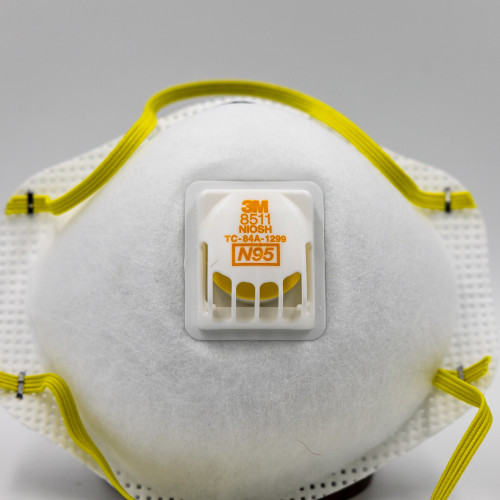By James Kwak PPE, as we now know, stands for Personal Protective Equipment, like face masks and gloves. Right now there isn’t enough of it, and that’s one of the constraints on being able to test people, which is one of the biggest problems we face. Photo by ehpien (CC BY-NC-ND 2.0) The only point I want me make here is this: This is how capitalism is supposed to work. If you’re a for-profit healthcare provider—or any kind of provider that is trying to provide the most value, however defined, with limited resources— you are not going to stock up on enough PPE to handle every possible scenario you might face. This is what management consultants and business school professors have been saying for decades. PPE, like inventory, is a form of working capital. If you can reduce the amount
Topics:
James Kwak considers the following as important: COVID-19, syndication
This could be interesting, too:
Nick Falvo writes Homelessness planning during COVID
Stavros Mavroudeas writes COVID-19 Pandemic and Vaccine Imperialism – Review of Radical Political Economics
Angry Bear writes FLiRT Covid wave is growing less rapidly
Angry Bear writes What Defenses and Practices Mostly Worked During the Covid-19 Pandemic
By James Kwak
PPE, as we now know, stands for Personal Protective Equipment, like face masks and gloves. Right now there isn’t enough of it, and that’s one of the constraints on being able to test people, which is one of the biggest problems we face.

Photo by ehpien (CC BY-NC-ND 2.0)
The only point I want me make here is this: This is how capitalism is supposed to work. If you’re a for-profit healthcare provider—or any kind of provider that is trying to provide the most value, however defined, with limited resources— you are not going to stock up on enough PPE to handle every possible scenario you might face. This is what management consultants and business school professors have been saying for decades. PPE, like inventory, is a form of working capital. If you can reduce the amount of working capital you need, you can translate that dollar-for-dollar into cash for your shareholders—or, if you’re a non-profit, into clinics for poor people, salaries for your executives, or that next gorgeous building you’re going to put up. Excess working capital is pure inefficiency.
Sure, there’s the risk that you might run out in an emergency. But capitalism works on expectations: If there’s a 1% chance of a $10 million loss, you’re willing to spend $100,000 to prevent it. If there’s a 0.001% chance (according to your latest models) of a $1 billion loss, you’re only willing to spend $10,000 to prevent it. COVID-19 was basically off the probability charts, at least as far as operational preparedness was concerned. This is exactly parallel to the factors that created the financial crisis. VAR models only attempted to estimate the potential risk in scenarios that were, say, 1% likely, and they were excessively optimistic because they were based on historical data from the Great Moderation. Hospital preparedness similarly was based on historical data with no pandemic.
In capitalism, you know you can only prepare for 99% of the scenarios. It’s just not value maximizing to worry about the others. If those others occur, you go bankrupt, dust yourself off, and start again.
But that’s why capitalism is a lousy way to run a healthcare sector.
What should we instead? Well, probably the federal government should have a big stockpile of medical equipment to be used in an emergency. You know, big government.
Brief note from the author: I haven’t written anything about COVID-19 because I have no particular expertise in medicine or public health. But there are some aspects of the crisis that are amenable to economic, statistical, or simply logical analysis. This blog, as a few people may remember, was born during the financial crisis as an attempt to help make sense of what was going on. (Hence the subtitle at the top of the page: “What happened to the global economy and what we can do about it.”) To the extent I think I have anything to say that I think might be useful, I’ll put it up here.
Be safe.
